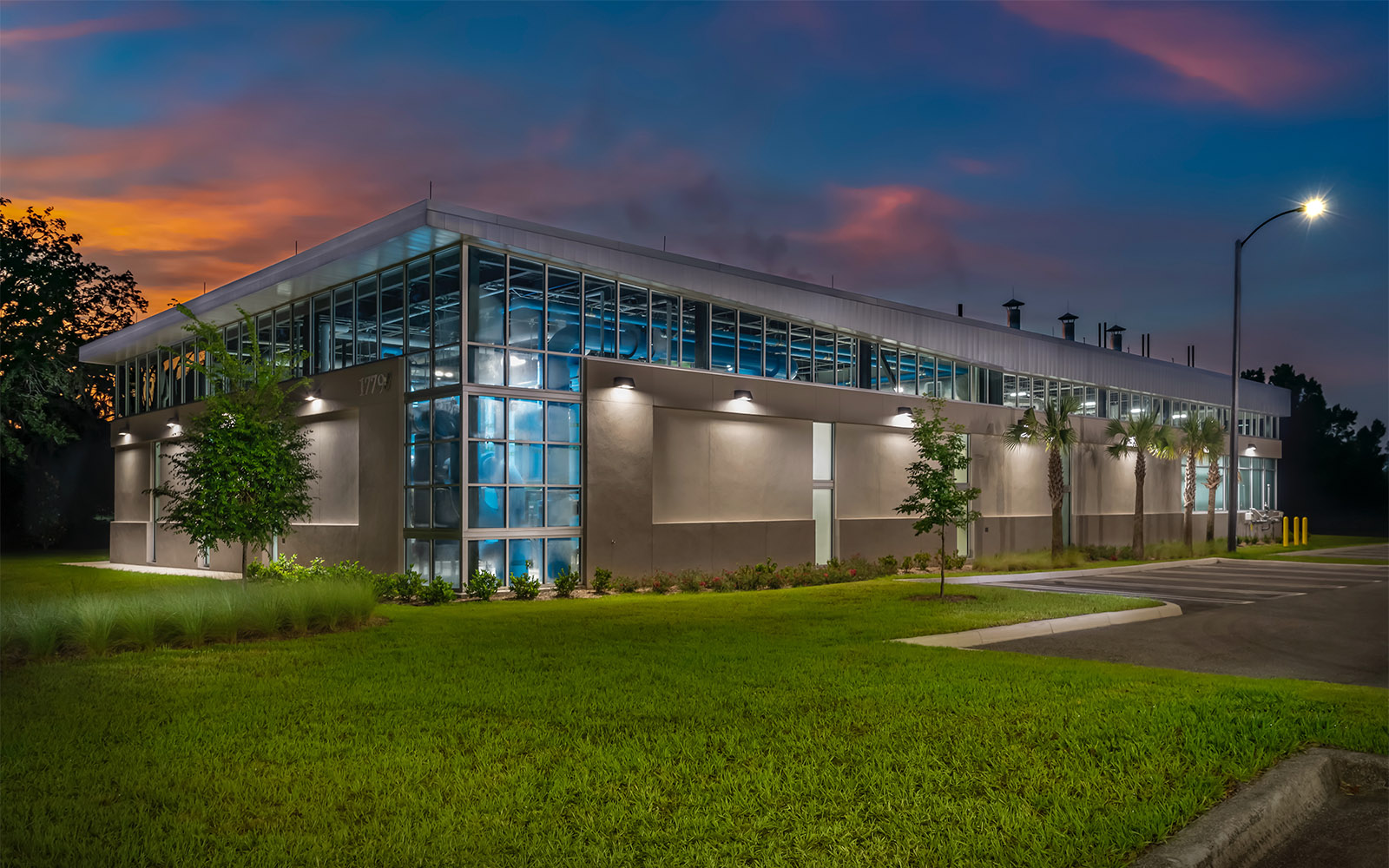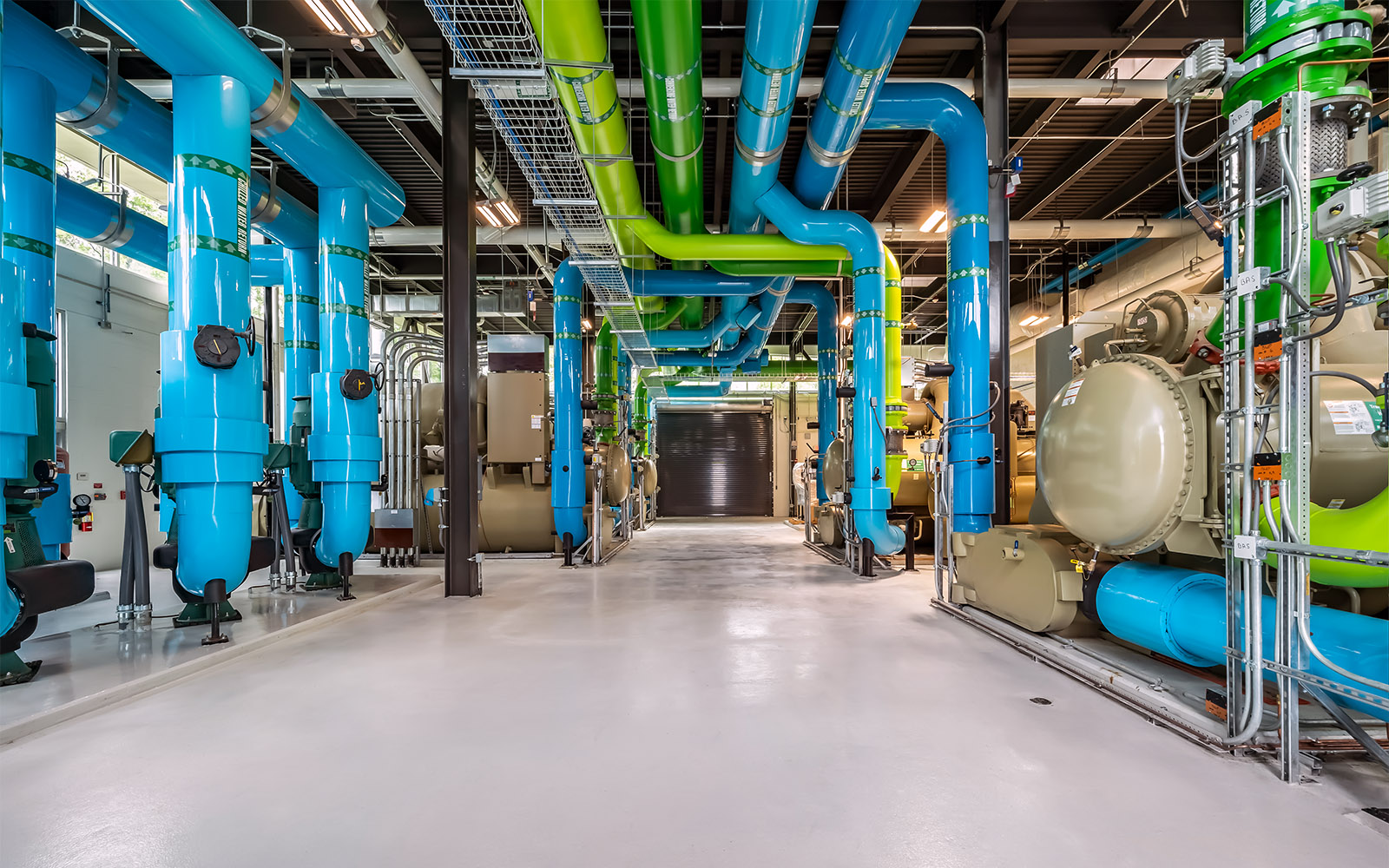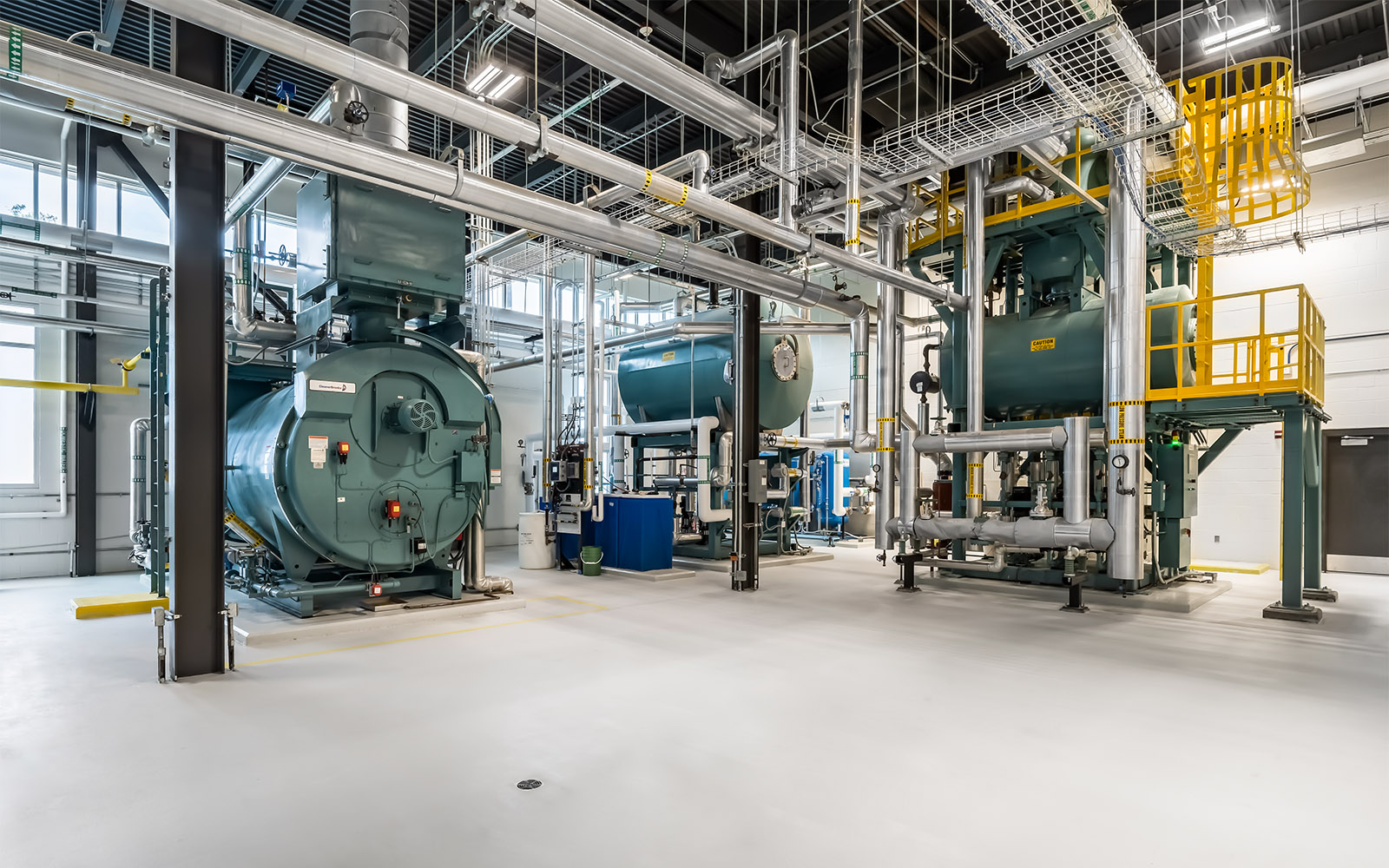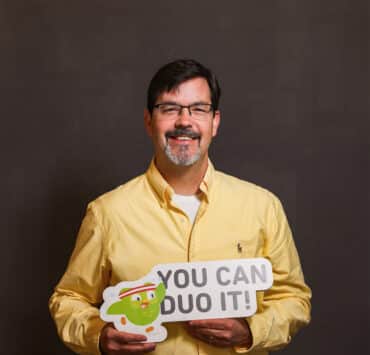|
Getting your Trinity Audio player ready...
|
In 2017 the University of Florida (UF) was operating an aging and inefficient central energy plant on its College of Veterinary Medicine campus. The price tag for replacing the plant was $32 million. UF needed a construction company and a financier. It found both in Siemens, says Jennifer Meisenhelder, who’s been with UF for 10 years.
“There was a lot of trust built during that initial project,” says Meisenhelder, the university’s director of engineering and energy. “Siemens hit it out of the park. They really did.”
Meisenhelder, who started at UF as a project manager in 2014, is tasked with moving the university toward carbon neutrality, creating an energy management program, and overseeing deferred maintenance. She manages a team of 15 individuals and oversees construction inspection, standards, and the campus’ energy profile.
“I see great value in the UF and Siemens approach to engaging students and researchers in these infrastructure projects as a learning tool.”
Jennifer Meisenhelder
When UF embarks on projects addressing significant infrastructure upgrades, Meisenhelder has found success partnering with an Energy Service Company (ESCO) to implement forward-thinking performance-based contracts. The Florida Legislature encourages these types of contracts to build and finance capital projects aimed at reducing energy consumption and generating significant energy cost savings, while decreasing operations and maintenance costs.
Siemens was the ESCO partner on the University of Florida’s latest central energy plant project, and the project financing was linked to the energy, operational, and maintenance cost savings the university is now realizing. UF’s annual savings from the plant are guaranteed by Siemens and are exceeding the annual debt servicing—resulting in a positive impact on the university’s bottom line.

“In these types of projects, you pay the loan back based on guaranteed energy savings,” Meisenhelder says. “If you were paying $1 million a month in utility costs previously and the energy improvements result in now paying only $700,000 a month, then that $300,000 savings would be used to pay back the loan that fronted the money to do the capital improvement project.”
Three years after the completion of the UF central energy plant, it is outperforming expectations. “We’re paying back the financing of that plant much quicker than anticipated. Its energy efficiency and performance are world class,” Meisenhelder says.
The plant is not only saving UF a boatload on energy costs, but it has the added benefit of serving as a learning lab for students in the university’s College of Design, Planning, and Construction and the College of Engineering.
“UF researchers and students, in collaboration with Siemens, are developing an augmented reality platform where you can remotely see inside a chiller or into the pipe systems in the plant. This will allow engineering and construction classes to experience and visualize the engineering that went into the plant and leverage this physical asset as a living laboratory,” Meisenhelder says. “I see great value in the UF and Siemens approach to engaging students and researchers in these infrastructure projects as a learning tool.”

Success on that first project led to a continued partnership between Siemens and the University of Florida. Currently, Meisenhelder and other university partners are working on an infrastructure renewal project with Siemens on the University’s Holland Law district of campus, seeking to improve energy use in a variety of buildings connected to the central energy plant on that campus.
“We’re achieving energy savings—not just in the form of utility plant improvements—but also expanding into lighting, microgrid, battery storage, solar electric and solar thermal, HVAC, building controls, and all sorts of things that help improve this district of campus. It’s not just the plant that’s being improved but all the buildings that are attached to it as well,” Meisenhelder says.
Currently, Siemens is modernizing three of UF’s large chiller plants to help the university reach ambitious energy goals it’s established through the climate action plan. “It’s revitalizing all those utility systems in a holistic way,” says the director, expressing praise not only for Siemens’ continued improvements to UF’s built environment but also the university’s “galvanized” board of trustees.

“There are large initiatives that are being undertaken all the time and the fact that we have a good partner such as Siemens that we can trust from an ESCO point of view is really critical,” she says. “You can’t put a price on that.”
Meisenhelder is responsible for several multimillion-dollar projects on the University of Florida’s campus. She values vendors that listen to her construction needs and keep their construction promises. Siemens has given her peace of mind, she affirms, emphasizing that not all ESCOs are created equal.
As a leader, Meisenhelder views herself as a supportive and collaborative mentor. She endeavors to strike a healthy balance between setting clear expectations and encouraging ownership of projects by her team members, providing her mentees with the appropriate resources required for successful completion of individual and organizational goals.
She advises young engineers to seek positions that allow them to shepherd a project through its lifecycle. “I got to do that for nine years in consulting while being mentored. That allowed me to fix all my design mistakes, which ultimately made me a better engineer.”
Combining the real and digital worlds, a smart and sustainable campus helps students do their best. And every day, the Internet of Things (IoT), digitalization, automation, and vast amounts of available data bring us closer to creating this ideal learning environment. By taking the right steps today, you can transform your campus so that it’s smarter, safer, more sustainable, and more resilient—all of which can also translate into enhanced efficiency, improved comfort, and lower cost of operations. Are you ready to start on the path to a smart campus today? To learn more, contact Marc Craddock at (407) 718-8774 or Steve Moore at (904) 472-8836. usa.siemens.com/smartcampus


